E-Mobility
Lithium-ion (Li-Ion) batteries play a pivotal role in the rapidly evolving field of electric mobility (E-Mobility), powering various vehicles and contributing to the transition toward sustainable transportation. Qmax Ion focuses on battery-pack assembly for electric vehicles while adhering to the strict production and traceability practices necessary for this demanding industry.
The application of Li-Ion batteries in E-Mobility is diverse, driving innovation in transportation and offering sustainable alternatives to traditional combustion engine vehicles. The ongoing advancements in battery technology continue to address challenges such as charging times, energy density, and cost, further propelling the growth of electric mobility worldwide.
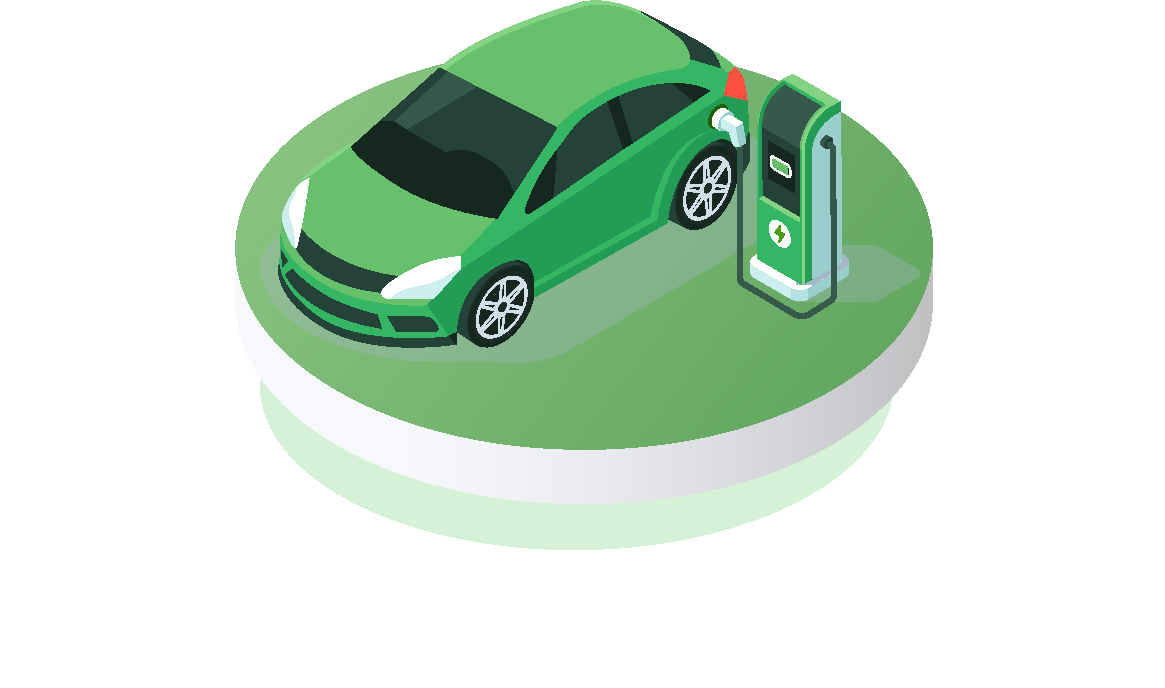
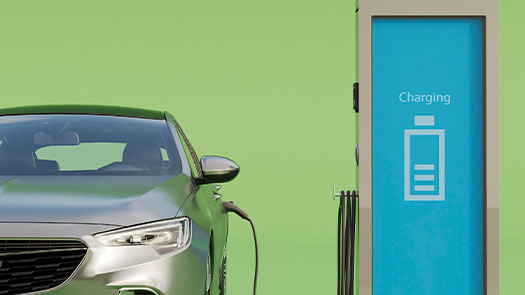
Li-Ion batteries are the primary energy storage solution for electric cars, providing the necessary power for propulsion. Their high energy density allows for longer driving ranges on a single charge, addressing one of the critical concerns in widespread EV adoption.
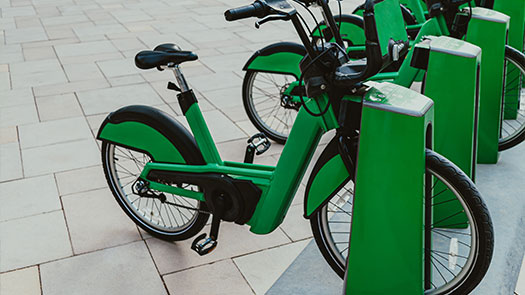
Li-Ion batteries are commonly used in electric bicycles and scooters, offering a lightweight and efficient energy source. These batteries are often integrated into the frame or design of the vehicle, providing a clean and sustainable alternative for short-distance commuting.

Electric motorcycles benefit from the high power-to-weight ratio of Li-Ion batteries, enabling rapid acceleration and extended riding ranges. Their compact size and adaptability make them suitable for various motorcycle designs, catering to both urban commuting and recreational riding.
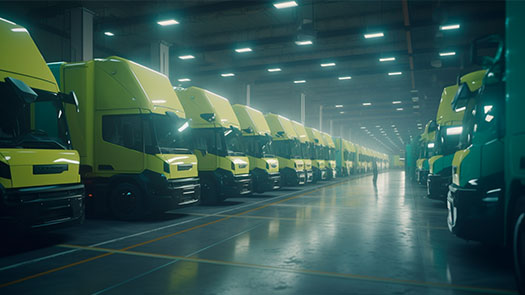
Li-Ion batteries are increasingly employed in electric trucks and commercial vehicles for short-haul logistics and urban deliveries. These batteries provide the necessary power for heavy-duty applications, and advancements in battery technology are contributing to the feasibility of electrifying larger and more demanding vehicles.
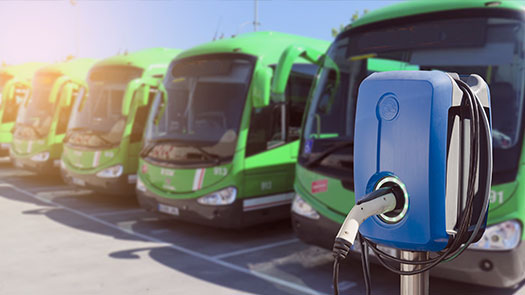
Li-Ion batteries are utilized in electric buses and other forms of public transportation, contributing to the reduction of emissions in urban environments. Battery electric buses, in particular, are gaining popularity as a sustainable alternative to traditional diesel-powered fleets, promoting cleaner and quieter public transit.
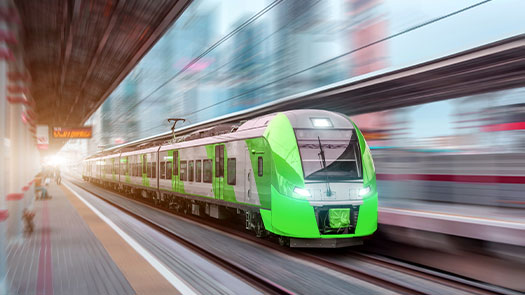
Li-Ion batteries are integrated into electric trains and light rail systems to provide auxiliary power for non-electrified tracks or during power outages. This enhances the flexibility and efficiency of rail transport while reducing the reliance on fossil fuels.

Li-Ion batteries find application in electric boats and maritime vessels, supporting the development of electric propulsion systems for waterborne transportation. This contributes to reducing the environmental impact of marine activities and promoting sustainable practices in the maritime industry.

Li-Ion batteries power electric last-mile delivery vehicles, such as vans and small trucks, facilitating environmentally friendly solutions for urban logistics. The efficiency and scalability of Li-Ion technology make it suitable for optimizing delivery operations in congested city environments.
